Indigenous Data Governance Policy Brief
Credit: WolfLab Media
The Indigenous Data Governance Brief distills insights and strategies from the Tribal Leaders and Indigenous Scholars Workshop and the Action Planning Session hosted by the US Indigenous Data Sovereignty Network (USIDSN) in Tucson, Arizona, on the lands of the Pascua Yaqui Tribe and Tohono O’odham Nation.
Attended by over 60 Indigenous delegates from across the US and global Indigenous communities, the summit aimed to advance Indigenous Data Sovereignty (IDSov) through grounded, action-oriented dialogue. The brief outlines five strategic goals to move the IDSov movement forward and serves as a guide for Indigenous communities, data stewards, policymakers, and institutions committed to ethical and just data governance practices that center Indigenous self-determination.
Key Takeaways
1. Core Values for Data Futures
Indigenous data governance must be rooted in self-determination, sovereignty, and community-defined ethics—such as reciprocity, love, and accountability. While values may be shared, each Indigenous Nation’s specific principles must guide data governance.
2. Authority to Activation Framework
A proposed structure that connects the inherent authority of Tribal leaders with the energy and expertise of Indigenous scholars and practitioners to embed IDSov practices across data ecosystems.
3. US Indigenous Data Governance Strategy
To address exclusion from data decisions, the brief calls for a national strategy led by Indigenous Peoples to govern how data are collected, interpreted, and shared—supporting governance, healing, and future planning.
4. Indigenous Peoples’ Data Standard (US)
Participants emphasized the urgent need for Indigenous-governed data standards, including rules for consent, stewardship, justice, and repatriation. Enforcement must be Indigenous-led and rooted in rights-based frameworks and ceremony.
5. Reaffirmation of IDSov/IDGov Principles
The brief reiterates alignment with international frameworks (UNDRIP, CARE Principles) and underscores the living nature of data—as relatives, not commodities—calling for respectful relationships between data actors and Indigenous communities.
About the Report
This brief is a collaborative publication of the US Indigenous Data Sovereignty Network, authored by a cohort of Indigenous scholars and data leaders. It synthesizes the outcomes of the April 2024 summit and builds on foundational documents such as the CARE Principles and the USIDSN’s 2020 Governance Principles. Funded by Direct Relief International, the NIH, and supported by institutions like the University of Arizona and Native Nations Institute, the brief contributes to a growing movement that sees data as central to Indigenous futures, healing, and sovereignty.

